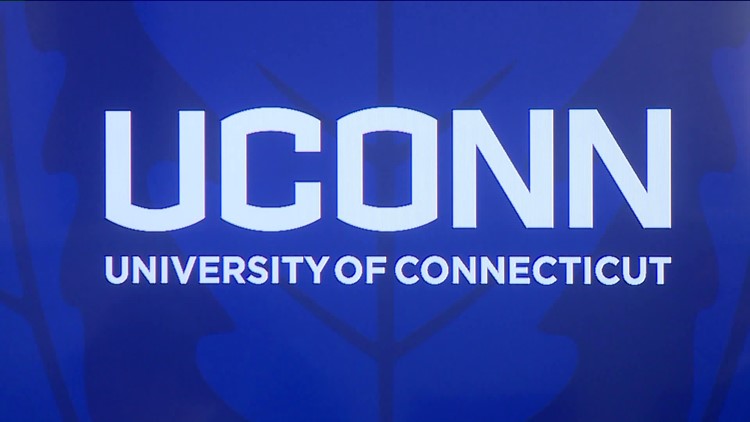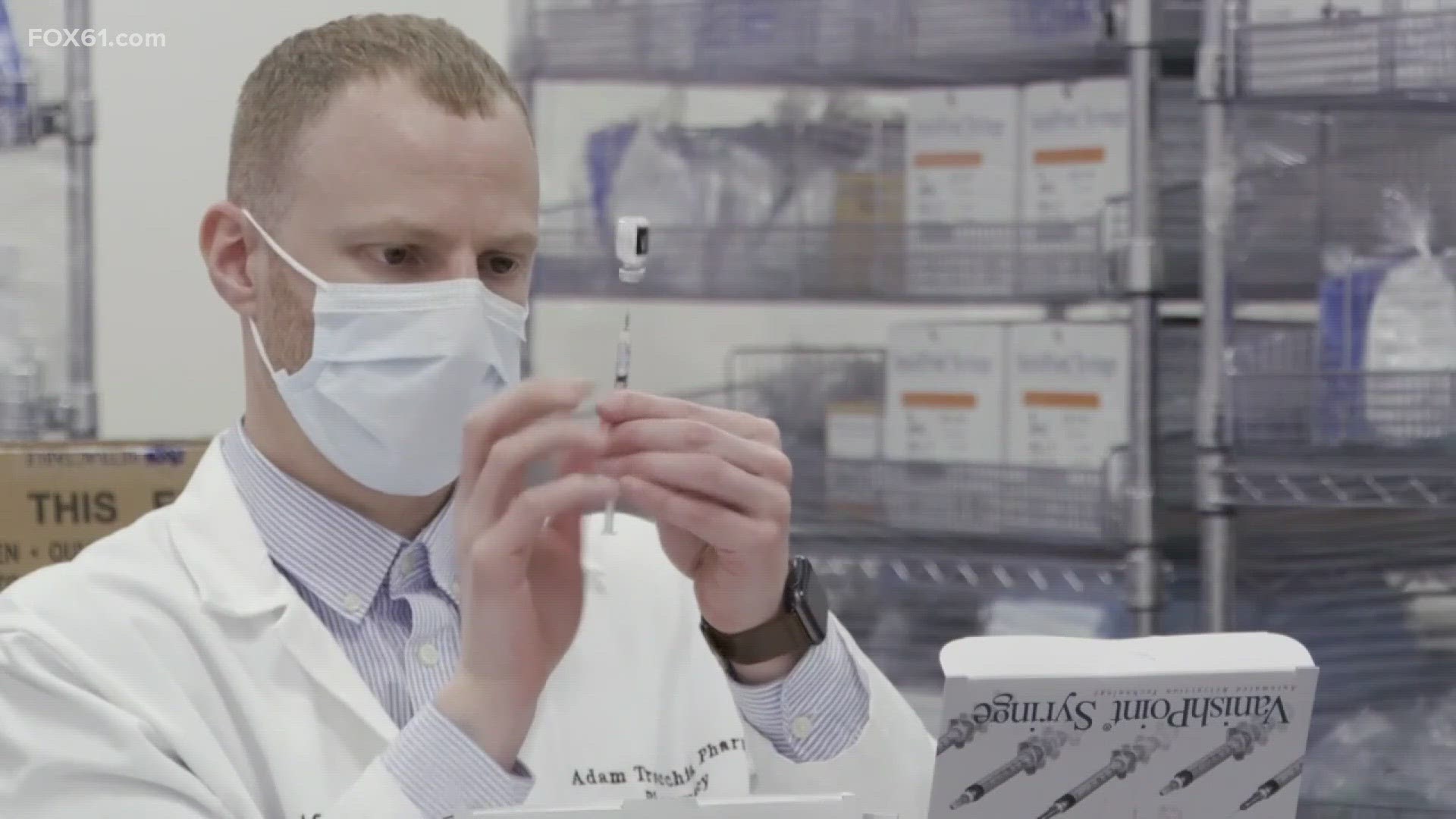UConn President Thomas Katsouleas sent a letter regarding the COVID-19 and how the university is taking precautions.
Katsouleas said the university's emergency planning and response structure was activated last month. He explained it was the best way to coordinate, prepare, and communicate.
The letter concluded with asking students bot to shake hands, wash them and stay home when you get sick.
Recently, UConn canceled its study abroad program in Italy due to the growing concerns of coronavirus.
RELATED: VERIFY: Hand sanitizer can protect against coronavirus, but not as well as washing your hands
Read the full letter below:
To the UConn Community:
I write to share with you what UConn is doing, largely behind the scenes, as we evaluate, plan, and prepare for the threat that COVID-19 (coronavirus) presents to our community.
Late last month, we activated UConn’s emergency planning and response structure – not because we were in an emergency situation, but because it is the best vehicle we have to coordinate, prepare, and communicate. At its core is the Executive Policy Group (EPG), a large team of senior university leaders representing multiple units across campuses who are charged with overseeing emergency planning at UConn. This group is led by William Shea, the director of UConn’s Office of Emergency Management (OEM), and conducts training exercises regularly to contend with any number of threats and hazards faced by the university, including recently a pandemic scenario.
When the emergency team is stood up, in most cases you can tell by checking the University’s main website, which will contain a banner with a link for more information and status reports. Here is UConn’s main coronavirus information page to which the banner links.
Here is a little more information about what is specifically taking place to prepare for the current threat:
The UConn emergency management team and OEM staff have been augmented with additional key subject matter experts in a variety of relevant fields. This includes medical staff from Student Health and Wellness in Storrs and key UConn Health physicians. It has begun meeting weekly and as-needed to share information and make decisions regarding UConn’s response to coronavirus and plans in the event of a local outbreak.
Three focused working groups have also been formed by OEM to examine specific issues and recommend appropriate planning measures. Specifically:
- The Academic Affairs Working Group will focus on coronavirus-related policy impacts on faculty and staff travel including research trips, conference attendance, lectures/presentations and visitors to UConn for academic programs; provisions for academic continuity and distance learning and potential exposures in interrupted research activities and options for minimizing those disruptions; and any need for changes/cancellations in academic work on campus.
- The Student Affairs Working Group will review current preparedness measures in case of an infectious disease outbreak on campus. This includes identifying quarantine and isolation procedures, access to dining, facility preparation, and overall student health and safety.
- The Staff and Faculty Affairs Working Group will address the needs and planning necessary to ensure our staff and faculty members at all campuses are informed and managers are prepared for the ever-changing implications of coronavirus. Topics include: telecommuting, working conditions, travel, succession planning if colleagues fall ill, preparedness at home, large gatherings, and time and attendance, among other issues.
At UConn Health, Dr. Andrew Agwunobi and his team have also been actively planning for numerous scenarios including with respect to our clinical operations across the state, as well as faculty, staff, and student travel. Dr. Agwunobi shared critical guidance to all UConn Health clinical faculty and staff this week regarding coronavirus and the delivery of care to patients. He has also been communicating regularly with the larger UConn Health community regarding the organization’s readiness efforts.
Additional communications will follow this one in the next 24 hours. The first will be to the entire UConn community and pertains to registering recent and future foreign travel. The second will be only to faculty and staff and will focus on human resources and labor relations issues, also connected to travel, and hopefully will answer many of the questions that have and will continue to arise.
Although there have been no confirmed cases of coronavirus in Connecticut or at UConn thus far, as you know, the situation continues to change very quickly. The health, safety, and well-being of our community is our highest priority and continually guides our thinking and actions as we prepare for this threat. We will be communicating with you on a regular basis about coronavirus, the steps UConn is taking, and the steps that members of our community should take to help protect themselves and each other in the weeks ahead.
In the meantime, use the “’bow throw” or elbow bump instead of shaking hands (easier said than remembered, I have found), wash your hands when you forget, and stay home and get well with minor flu or cold symptoms.
Take care,
Tom
Thomas Katsouleas
President
University of Connecticut"



